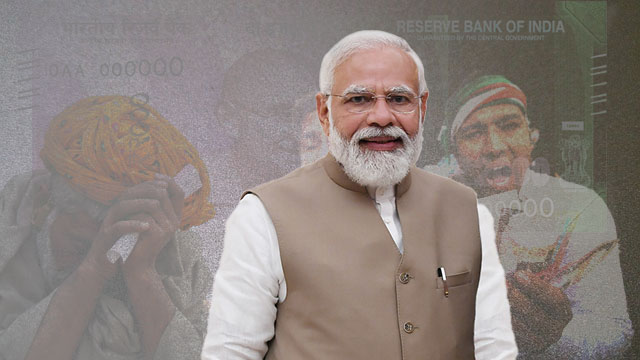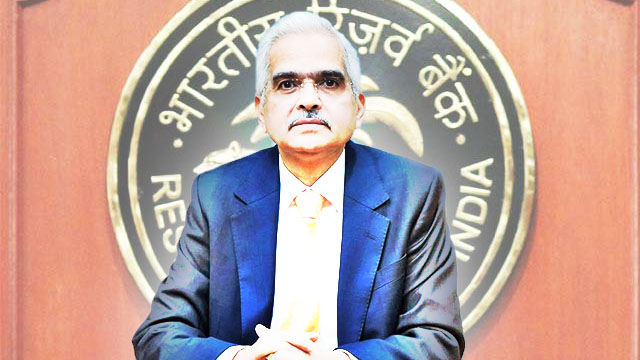According to a report from the Comptroller and Auditor General of India (CAG), the State Bank of India received Rs 88bn from the Department of Financial Services (DFS) without the lender’s request. According to the CAG report, the funds distributed in the financial year (FY) 2017-18 were a component of a bank recapitalisation process.
Public sector banks (PSBs) are recapitalised by the Union government to support credit expansion, meet regulatory capital requirements, and equip better-performing lenders placed under the Reserve Bank of India’s (RBI) prompt corrective action framework to exit it and satisfy capital requirements resulting from mergers.
As per the CAG report, the DFS unilaterally injected Rs 88bn into the SBI in FY 2017-18 for loan development considering it the biggest Indian PSB. The report claims that contrary to its own normal procedure before recapitalisation, the DFS, under the Ministry of Finance, didn’t evaluate the capital requirement.
When recapitalising PSBs, DFS also considers a buffer above and beyond the rules established by the RBI. According to the CAG report, the RBI had already mandated increased capital requirements for Indian banks of an extra 1%, resulting in an excess injection of Rs 77.86bn.
To escape having to surrender assets worth Rs 330m, the DFS injected Rs 8.31bn into the Bank of Maharashtra in FY 2019–20, compared to the bank’s demand of Rs 7.98bn.



